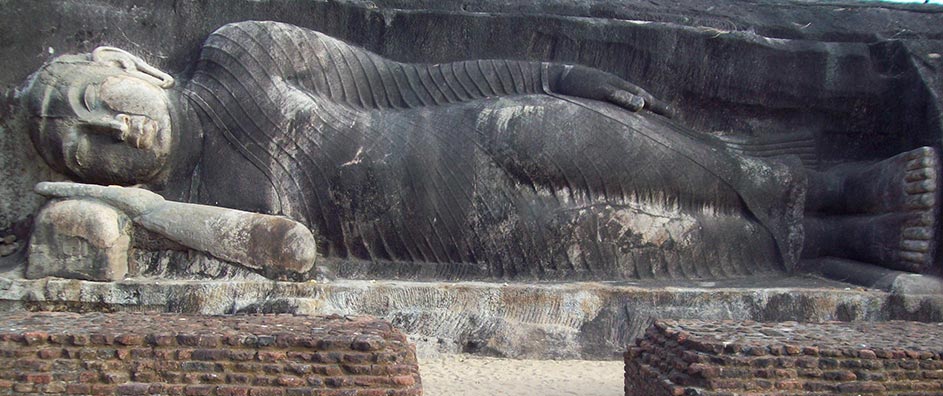The intersection of Buddhism and the Bahá’í Faith presents a compelling study in contrasting yet complementary philosophies. Both traditions grapple with the concept of dogma, albeit from distinct cultural and doctrinal heuristics. This examination aims to scrutinize the nuances underlying the interplay between the two faiths, fostering a profound understanding of their respective approaches to dogma, belief, and spiritual evolution.
To commence this exploration, it is paramount to delineate the fundamental constraints of dogma within religious frameworks. Dogma often manifests as a set of authoritative doctrines that followers are expected to accept unconditionally. Such rigidity can lead to intellectual stagnation and an inability to adapt to evolving social paradigms. In contrast, both Buddhism and the Bahá’í Faith advocate for a dynamic, evolving understanding of truth, which suggests room for reinterpretation and progression over time.
In Buddhism, particularly in its Theravada and Mahayana traditions, there exists an inherent acknowledgment of impermanence—an essential tenet that permeates the Buddhist worldview. This principle negates the establishment of immutable doctrines. Rather, the Buddha encouraged his followers to engage in inquiry and personal experience when contemplating spiritual truth. The concept of “Ehipassiko,” or “come and see,” invites individuals to validate teachings through personal experiential encounters rather than blind acceptance. Through this lens, an individual’s journey towards enlightenment is as important as the teachings themselves.
Conversely, the Bahá’í Faith emerges from a framework that highly regards reason and inquiry. Promulgated by Bahá’u’lláh in the 19th century, the Bahá’í teachings emphasize the fundamental unity of all religions and the necessity of an evolving religious doctrine that is consonant with contemporary society. Bahá’ís are encouraged to engage with their faith critically, utilizing their reason to interpret spiritual texts and principles. This orientation towards intellectual engagement and personal understanding significantly mitigates the propensity for dogma, fostering an ethos of tolerance and inclusivity.
The Bahá’í writings underscore a distinctive perspective on truth, encapsulated in the assertion that religious truths are not absolute but relative and progressive. Bahá’ís posit that each religion is part of a larger continuum of divine revelation, unveiling successive understandings of God’s will. The necessity for adaptability in belief systems is a salient theme in Bahá’í teachings. The idea that dogmas can evolve to reflect current moral and ethical standards resonates with the dynamic nature of practice in Buddhism.
Moreover, the communal aspect of both religions warrants critical analysis. In Buddhism, the Sangha, or the community of monks and lay practitioners, serves as a collaborative platform for mutual support and shared learning. This community dynamic mitigates the potential for dogmatic rigidity since members continuously engage in discourse, reflecting on teachings collectively and harmonizing them with lived experiences. The iterative questioning and the collective effort to understand the Dharma foster a resilient set of beliefs that can adapt to change.
In parallel, the Bahá’í community emphasizes consultation as a means of decision-making. The process of collective reasoning among Bahá’ís promotes a unified approach to spiritual and administrative matters, which inherently discourages dogmatism. Through consultation, individuals are encouraged to voice diverse perspectives, cultivating a more robust understanding of their beliefs. Consequently, this communal engagement can lead to a richer interpretation of Bahá’í principles, marked by an openness to reinterpret existing doctrines in light of new insights.
As both traditions navigate the pitfalls associated with dogma, they also engender a sense of spiritual solidarity in their approaches to ethical living. Buddhism underscores the Eightfold Path, guiding adherents towards ethical conduct, mental discipline, and wisdom. This prescriptive framework is devoid of dogmatic constraints; it serves primarily as a guide for personal development rather than a collection of immutable commandments. Similarly, Bahá’í ethics emphasize world citizenship, justice, and service to humanity, advocating an actionable faith that reflects current societal needs while remaining flexible in its application.
Notably, the convergence of Buddhist and Bahá’í principles fosters interfaith dialogue that transcends doctrinal boundaries. Dialogue between followers of both faiths can emphasize shared values such as compassion, non-attachment to fixed beliefs, and the pursuit of truth through personal and collective inquiry. This interaction could further diminish the prevalence of dogma while enhancing mutual appreciation and respect.
In conclusion, the exploration of Bahá’í teachings in relation to Buddhist perspectives on dogma illuminates an essential discourse within contemporary spirituality. Both traditions, through their emphasis on reason, experience, and communal engagement, cultivate an environment conducive to spiritual growth while mitigating the constraints often associated with dogma. By embracing the fluid nature of truth and recognizing the shared human quest for understanding, adherents of these paths can construct a more harmonious discourse that inspires courage in the face of doctrinal divides. In an age ripe for interreligious dialogue, the insights drawn from Buddhist and Bahá’í teachings could facilitate a more inclusive understanding of faith that honors both the past and the transformative potential of the present.
